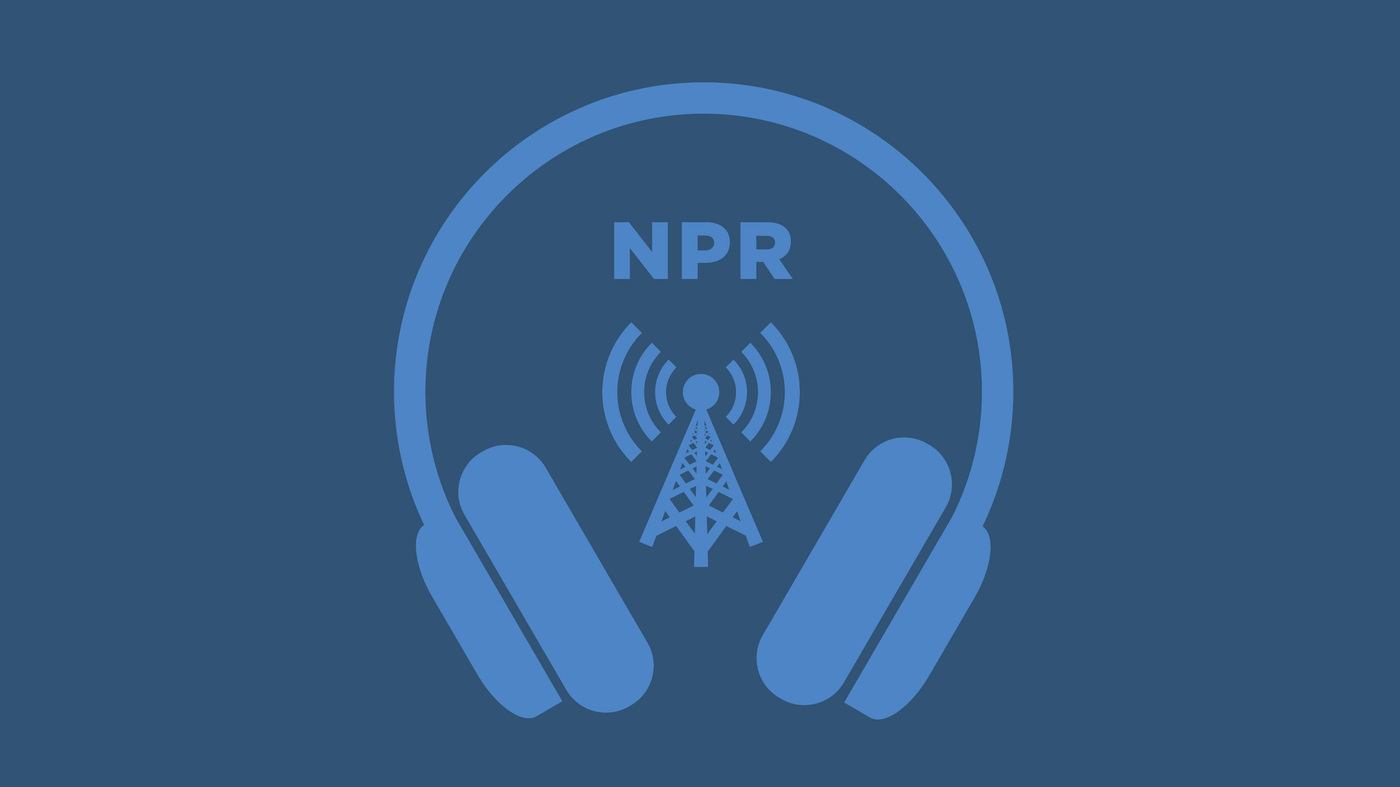NPR’s Michel Martin speaks with Vox’s senior political correspondent Andrew Prokop about West Virginia Sen. Joe Manchin’s political evolution.
MICHEL MARTIN, HOST:
As Democrats and a Biden White House try to move forward on key issues – a major spending plan for infrastructure, a budget proposal, measures to protect voting rights or reform immigration – we wanted to take a look at two people who hold more sway than most over whether these plans may come to pass. We’re talking about the Democratic senators, Joe Manchin of West Virginia and Kyrsten Sinema of Arizona.
With a 50-50 split in the Senate, Manchin and Sinema – variously described as moderate, conservative, pragmatic or eccentric, depending on who’s talking – are the key votes Democrats need to pass legislation. That’s because they say they generally support these policy initiatives but to this point, anyway, have been adamant they won’t agree to change Senate rules, mainly the filibuster, that make it easy for Republicans to block them. So we thought this was a good time to take another look at these senators to learn more about who they are, what makes them tick and how they ended up at the center of things.
Tomorrow, we’ll focus on Arizona Senator Kyrsten Sinema. Today, we’re going to focus on Senator Manchin, the only Democrat in West Virginia’s congressional delegation and one of the few Democrats remaining in any elected office in West Virginia. Andrew Prokop, senior political correspondent for Vox, profiled Senator Manchin earlier this year, so we asked him to tell us more.
Andrew Prokop, thanks so much for joining us.
ANDREW PROKOP: Thanks so much for having me.
MARTIN: So Senator Manchin’s had a long political career. He served in West Virginia Statehouse and as the state’s governor, comes from a political family. And he’s managed to do all that as the state has gotten more and more Republican. I mean, Trump won it by 40 points in 2020. So given all that, is there a through line to his career that you saw?
PROKOP: So when Manchin started out in West Virginia state politics, Democrats were the dominant party in the state, and he was a Democrat. But he was definitely part of the conservative wing of the Democratic Party at the time. And in West Virginia, that meant mostly the anti-union wing. So he clashed with teachers’ unions. He clashed with coal miners’ unions. And those clashes eventually led to him losing in a bid to become the Democratic nominee of governor for West Virginia in 1996.
So after that, he recalibrated. He got elected governor. And while he was governor, he was known for signing a lot of legislation into law. But critics said that a lot of that legislation didn’t do very much. He wanted to be seen as doing a lot of things, and it worked to make him popular. It worked to propel him to the U.S. Senate seat when it opened up in 2010. And it’s worked to give him this branding since he’s been there. He’s leaned into his ability to distance himself from the national Democratic Party and from liberals.
So Manchin has been very concerned with branding himself and how West Virginians will see him. And I think that’s what we’re seeing this year. He’s really trying to project an image of himself as not going along with everything Democratic leaders want him to do.
MARTIN: If he prides himself on a person who can get things done substantively, even if other people don’t necessarily see it as substantively as he does, why is he so adamant about the filibuster if it puts at risk the actual policies that he says he supports and would benefit his state?
PROKOP: Well, that’s – the other side of Manchin’s getting things done is that in the context of Congress, he wants those things to be bipartisan. And he just argues that this is an important value that he holds. But, you know, there are political motivations behind all this as well. And so if Democrats could kind of pass whatever they wanted without Republican support, the agenda would be pulled to the left in a way that he probably thinks would not be helpful to him in maintaining political support in the state and would not necessarily be what West Virginia voters might want.
MARTIN: Well, I’m still trying to have – I’m still trying to sort of wrap my head around this because that may be true when it comes to some issues, but the core issues we’re talking about now – infrastructure, you know, spending on issues that, like – I don’t know, child care, for example, certainly infrastructure, trying to reposition the economy for the future. Those are all things that, presumably, his state would benefit from. So it’s just – so is it his view that even if they lose on these policy initiatives that would be beneficial, it’s worth it in the long run to maintain this political philosophy of bipartisanship?
PROKOP: You know, I think there are two Joe Manchins when it comes to this, you know, legislation that’s moving forward and then suddenly he’s talking tough and playing hard to get. There’s one Joe Manchin, where this is just a negotiating tactic. He wants to, you know, make some minor changes, but he’s going to be there in the end.
But then the other Manchin is the one who puts his foot down, the one who says no and actually means it. But I think on those issues that we’re talking about now, the reconciliation bill, which Biden is looking at, something that Democrats can pass through their votes alone in the Senate, something that would have big spending on health care, energy and so on – that’s something Manchin would want to shape to his advantage. But it’s also probably something that I believe, based on sources I’ve spoken to, he wants to get to yes there.
Then you have the other issues, like voting rights and more difficult social issues. And a lot of those cannot go through the Senate’s budget reconciliation process, which means that they can be filibustered, which means that you need 60 votes. And those are the ones where Manchin has been really, really cagey because he seems to be using the filibuster as a cover for not having to sign on to something.
MARTIN: Well, you know, it has to be said that his state is just different from that of others in the Democratic Party right now. I mean, he’s voiced concerns about the climate portion of the bill, addressing fossil fuels, you know? He’s different from a lot of people in the party when it comes to climate policy because his own state relies on the production of coal.
Still, it’s one of the least diverse states in the country. I mean, it’s 93% white in a country that is increasingly diverse elsewhere. I’m just – like, how does he see himself and his own goals in relation to the national party?
PROKOP: I think that’s right on. And those are really the two key features of West Virginia that explain why he is so troublesome for Democrats besides the fact that it’s just a very Republican state also, the fact that it is deeply reliant on coal and fossil fuel production for jobs. And of course, the second one you mentioned is that the state is 93% white. So that means that Black voters and nonwhite voters generally are both less core to Manchin’s voting coalition than in many other Democratic states and also that, you know, the issue is just a little removed from his consciousness.
So this is what voting rights advocates from across the country have been trying to, like, hammer home to him, to bring home the importance of the issue, to argue that this does really matter, that he should think of himself as a national leader, that he shouldn’t be so blindered looking only at the situation in his state.
MARTIN: That is Vox’s senior political correspondent Andrew Prokop. Andrew, thanks so much for talking to us.
PROKOP: Thanks so much for having me.
Copyright © 2021 NPR. All rights reserved. Visit our website terms of use and permissions pages at www.npr.org for further information.
NPR transcripts are created on a rush deadline by Verb8tm, Inc., an NPR contractor, and produced using a proprietary transcription process developed with NPR. This text may not be in its final form and may be updated or revised in the future. Accuracy and availability may vary. The authoritative record of NPR’s programming is the audio record.































